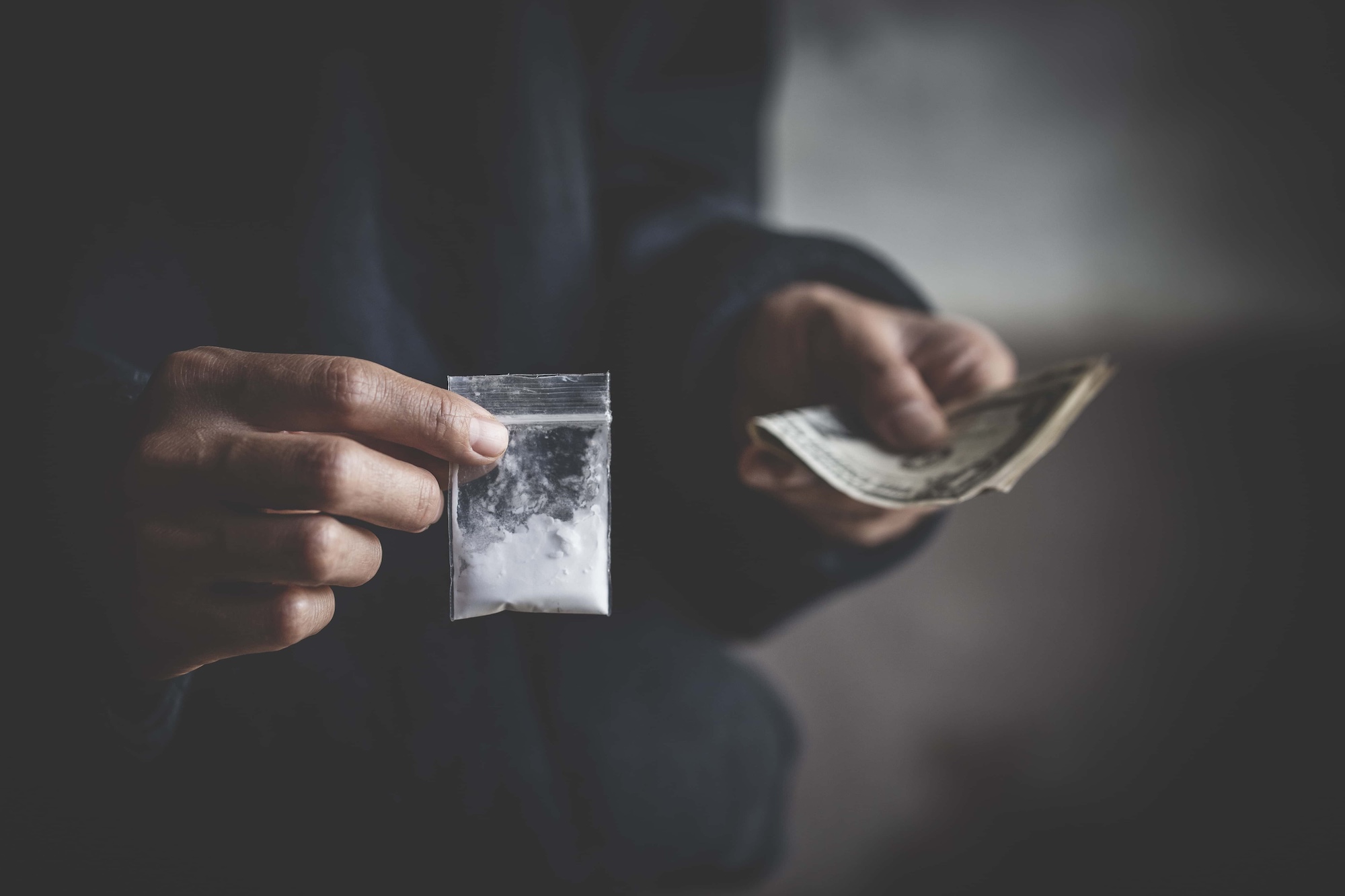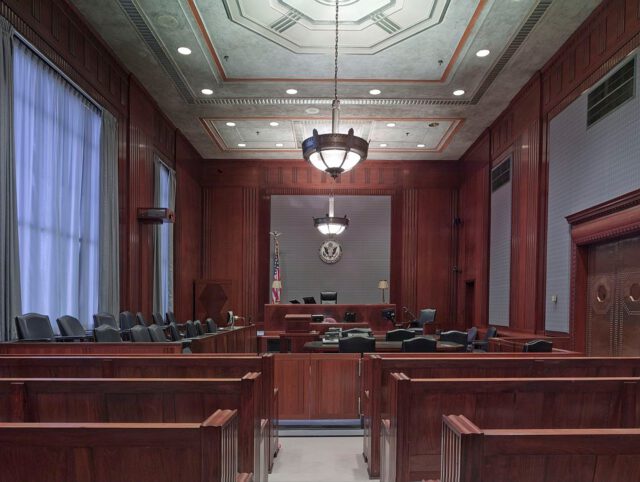Drug crimes can frequently involve stiff penalties that may include possible incarceration and fines. For many people, the consequences of a conviction that is toughest to deal with are the effects that the criminal record has on an individual’s applications for employment, housing, or professional licensing. Were you arrested in the Harris County area for any kind of alleged drug offense, including prescription drug fraud, possession with intent to sell, or drug possession? Do not speak to authorities until you are able to first contact our firm. Call (832) 530-4070 today to have our drug crimes defense attorney provide a complete evaluation of your case during a free, confidential consultation.
Federal Drug Schedules
Chapter 13 of Title 21 of the United States Code is otherwise known as the federal Controlled Substances Act (CSA). The CSA divides controlled substances into five schedules:
Schedule I
Drugs with no currently accepted medical use and a high potential for abuse. Examples include heroin, lysergic acid diethylamide (LSD), cannabis (marijuana), 3,4 methylenedioxymethamphetamine (MDMA, Ecstasy, or Molly), methaqualone, and peyote.
Schedule II
Drugs with a high potential for abuse, with use potentially leading to severe psychological or physical dependence. Examples include combination products with less than 15 milligrams of hydrocodone per dosage unit (Vicodin), cocaine, methamphetamine, methadone, hydromorphone (Dilaudid), meperidine (Demerol), oxycodone (OxyContin), fentanyl, Dexedrine, Adderall, and Ritalin.
Schedule III
Drugs with a moderate to low potential for physical and psychological dependence. Examples include products containing less than 90 milligrams of codeine per dosage unit (Tylenol with codeine), ketamine, anabolic steroids, and testosterone.
Schedule IV
Drugs with a low potential for abuse and low risk of dependence. Examples include Xanax, Soma, Darvon, Darvocet, Valium, Ativan, Talwin, Ambien, and Tramadol.
Schedule V
Drugs with lower potential for abuse than Schedule IV and consist of preparations containing limited quantities of certain narcotics. Examples include cough preparations with less than 200 milligrams of codeine or per 100 milliliters (Robitussin AC), Lomotil, Motofen, Lyrica, and Parepectolin.
Drug Penalty Groups in Texas
Chapter 481 of the Texas Health and Safety Code is known as the Texas Controlled Substance Act, and drugs are divided into six different classifications referred to as Penalty Groups. Knowingly manufacturing, delivering, or possessing a controlled substance will trigger a penalty if convicted. The type of drug and the amount of the substance will determine what the penalty will be. The Penalty Groups identified under state law in Texas include:
Penalty Group 1
Under Texas Health and Safety Code § 481.102, Penalty Group 1 includes methamphetamine, gamma hydroxybutyric acid (GHB), cocaine, heroin, and oxycodone;
- Less than a gram is a State Jail Felony.
- Less than 4 grams is a Second Degree Felony.
- Less than 200 grams but more than 4 grams is a First Degree Felony.
- Less than 400 grams but more than 200 grams is a 10 years to life sentence with a fine up to $100,000
- More than 400 grams is a 15 years to life sentence and a fine up to $250,000
Penalty Group 1-A
Under Texas Health and Safety Code § 481.1021, Penalty Group 1-A includes lysergic acid diethylamide (LSD) and its analogs;
- Less than 20 units is a State Jail Felony.
- Less than 80 units but more than 20 is a Second Degree Felony.
- Less than 4,000 units but more than 80 units is a First Degree Felony.
- More than 4,000 units is a 15 years to life sentence and a fine up to $250,000
Penalty Group 2
Under Texas Health and Safety Code § 481.103, Penalty Group 2 includes MDMA and phencyclidine (PCP);
- Less than a gram is a State Jail Felony.
- Less than 4 grams is a Second Degree Felony.
- Less than 200 grams but more than 4 grams is a First Degree Felony.
- More than 400 grams is a 10 years to life sentence with a fine up to $100,000.
Penalty Group 2-A
Under Texas Health and Safety Code § 481.1031, Penalty Group 2-A includes: materials, compounds, mixtures, or preparations that contains any quantity of a natural or synthetic chemical substance;
This section is primarily focused on synthetic cannibanoids and creates civil liability for anyone that suffers personal injury from ingestion of a synthetic cannibanoid against anyone that manufactures, sells, or serves such a substance.
Penalty Group 3
Under Texas Health and Safety Code § 481.104, Penalty Group 3 includes alprazolam (Xanax), diazepam (Valium), zolpidem (Ambien), and methylphenidate (Ritalin);
- Less than 28 grams is a State Jail Felony.
- Less than 200 grams but more than 28 grams is a Second Degree Felony.
- Less than 400 grams but more than 200 grams is a First Degree Felony.
- More than 400 grams is a 10 years to life sentence with a fine up to $100,000.
Penalty Group 4
Under Texas Health and Safety Code § 481.105, Penalty Group 4 includes compounds, mixtures, or preparations containing limited quantities of narcotics.
- Less than 28 grams is a State Jail Felony.
- Less than 200 grams but more than 28 grams is a Second Degree Felony.
- Less than 400 grams but more than 200 grams is a First Degree Felony.
- More than 400 grams is a 10 years to life sentence with a fine up to $100,000.
Types of Drug Crimes in Texas
The kind of drug involved in an alleged criminal offense is only one factor in how criminal charges will be classified. The type of prohibited activity being engaged in as well as an alleged offender’s prior criminal record can also impact how these crimes are graded.
Some of the most common kinds of drug crime cases that The Gonzalez Law Group handles include, but are not limited to:
- Possession of a Controlled Substance
- Drug Trafficking
- Drug Manufacturing
- Possession with Intent to Deliver
- Prescription Drug Fraud
- Possession of Drug Paraphernalia
Drug Crime Resources in Harris County
Houston Area Service Committee of Narcotics Anonymous (NA) — Also known as HASCONA, the Houston Area Service Committee of NA also works closely with the Northside Area of NA, Tri-County Area of NA, and Freedom Area of NA. NA identifies itself as “a nonprofit fellowship or society of men and women for whom drugs had become a major problem” and “recovering addicts who meet regularly to help each other stay clean.” Visit this website to use a basic meeting finder, search for meetings using certain tabs, or download PDF listings of meeting times and locations.
Texas Controlled Substances Act — The Texas Controlled Substances Act is the short title for Chapter 481 of the Texas Health and Safety Code. View the full text of the state laws relating to definitions and schedules for controlled substances. In addition to offenses listed under this chapter, you can also learn more about property forfeiture, administrative penalties, inspections, evidence, and regulation of the manufacture, distribution, and dispensation of controlled substances, chemical precursors, and chemical laboratory apparatus.
Contact a Drug Crimes Defense Attorney in Houston, TX
If you were arrested for a drug offense in Southeast Texas, it is in your best interest to quickly retain legal counsel. The Gonzalez Law Group represents individuals in the greater Harris County area including Pearland, Baytown, Seabrook, La Porte, Pasadena, Galena Park, Friendswood, and many others. Our experienced drug crimes defense attorney in Houston will fight to possibly get your criminal charges reduced or dismissed. We can review your case and answer all of your legal questions when you call (832) 530-4070 or fill out an online contact form to receive a free, confidential consultation with a drug crimes defense attorney.




